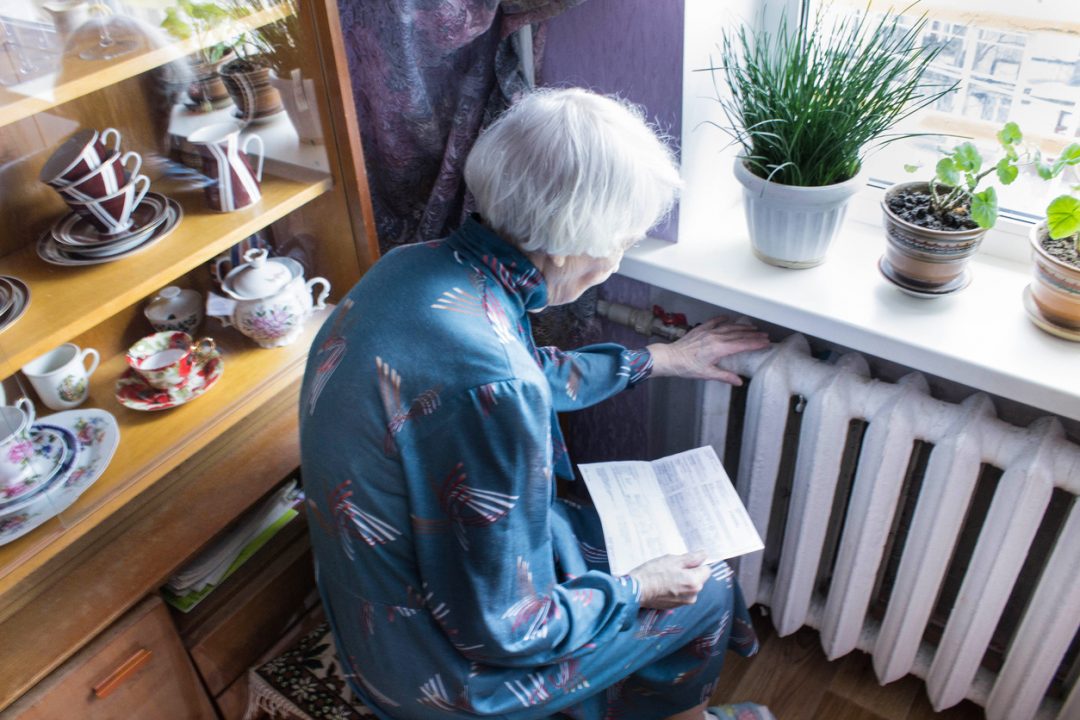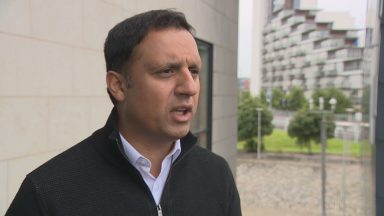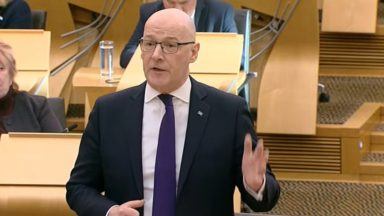Rachel Reeves has announced billions of pounds in spending cuts, after ordering the Treasury to carry out an audit of the UK’s public finances.
The Chancellor said her aim was to “expose the scale of what has been uncovered” after Labour came to power, pointing to a £22bn black hole left by the previous government.
She then set out Labour’s “immediate action” to deal with it, including cancellation and delays of major infrastructure projects, before turning to the Government’s longer-term plans to fix “the foundations of our economy”.
Reeves sparked groans from the opposition benches as she announced the “difficult decision” to make changes to winter fuel payment eligibility.
Those not in receipt of pension credit or other means-tested benefits will no longer receive the winter fuel payment from this year onwards, Reeves said.
She said the previous Tory government “repeatedly, knowingly and deliberately” made spending commitments without knowing where the money was coming from.
“This level of overspend is not sustainable. Left unchecked, it is a risk to economic stability and, unlike the party opposite, I will never take risks with our country’s economic stability,” she said.
“So, it therefore falls to us to take the difficult decisions now to make further in-year savings. The scale of the situation we are dealing with means incredibly tough choices.”
She said this would save around £1.5bn per year.
Households with someone aged over State Pension age receiving Pension Credit, Universal Credit, Income Support, income-based Jobseeker’s Allowance and income-related Employment and Support Allowance will continue to receive Winter Fuel Payments.
Martin Lewis, founder of Money Saving Expert, said pensioners were already due to get less with this winter the first since 2022 they would not get the £300 extra winter fuel cost of living top-up.
“The Energy Price Cap is likely to rise 10% this October and stay high across the winter, leaving most energy bills nearly double those pre-crisis, at levels unaffordable for millions,” he said.
“Many pensioners eke out the £100 to £300 Winter Fuel Payments to allow them to keep some heating on through the cold months.
“While there’s an argument for ending its universality due to tight national finances, it’s being squeezed to too narrow a group – just those on benefits and Pension Credit.
“Yet again, those just above the thresholds will be hardest hit. This is often justified as there’s a ‘lack of household income data’ to allow other targeting.
“However, there’s a usable precedent from the emergency energy crisis measures announced in April 2022, which I’d urge the Government to look at.”
Follow STV News on WhatsApp
Scan the QR code on your mobile device for all the latest news from around the country






























